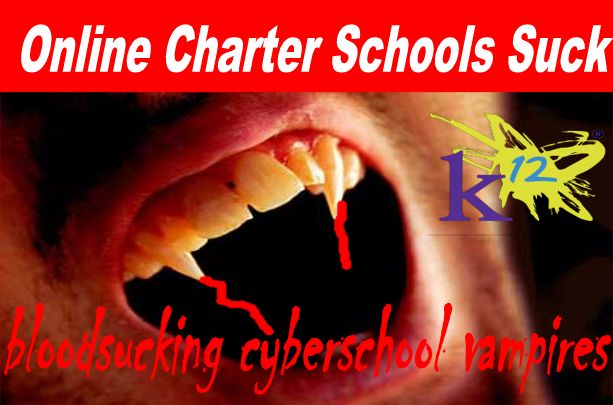Online Charter Schools Tested by Setbacks and Self-Inflicted Blows

Online charter schools have soared in popularity in recent years, based on a deceptively simple promise: delivering quality instruction — anytime and anywhere — to any student with an Internet connection.
But new questions about the quality of that education, and how the schools operate, are threatening to stifle that growth.
Supporters of traditional public school systems say the online schools lack accountability and are too dependent on for-profit school managers. High-profile scandals have added to the perception.
The criticism has sharpened since an October 2015 study of 200 online charter schools that serve approximately 200,000 students in 26 states. It found that charter students who received instruction exclusively via the Internet achieved "significantly weaker academic performance" in math and reading, suffered from larger class sizes and received far less attention from teachers than those in traditional schools.
The study — funded by the pro-charter Walton Family Foundation and comprised of three separate reports by Stanford's Center for Research on Education Outcomes (CREDO), the Center for Reinventing Public Education (CRPE) at the University of Washington and Mathematica, a private policy research company — found the education deficit was "exacerbated by high student-teacher ratios and minimal student-teacher contact time."
CRPE Director Robin Lake said the results came as little surprise to anyone who had followed student testing in individual states that hosted online charter schools.
"I think the general reaction was that it was the evidence people needed to confirm what they already knew," she said.
Nonetheless, the study added fuel to the debate over charters' impact on the traditional public school system.
"It should certainly give parents, taxpayers and policymakers pause before Online Charter Schools Tested by Setbacks and Self-Inflicted Blows - NBC News:
